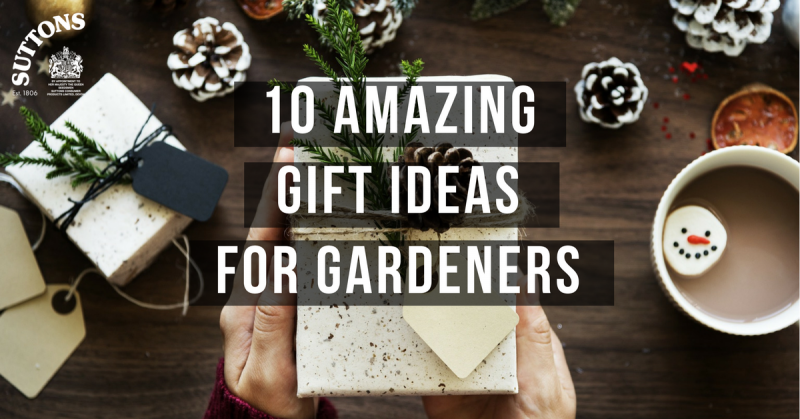
Good weather is a gardener’s best friend. April will provide both. Good days will be plentiful and rainy days less frequent as the temperatures rise. If you can get out in the garden on a good day, you can complete spring cleaning in the flower beds, direct-sow seeds in the ground, and harden off seedlings from the cooler season. You may need to plant fruit trees in April, depending on the climate.
Plant shrubs, trees, and flowers by planting seeds in this month. Make sure to weed, feed, and rake the soil well. In a few weeks, your plants will begin to bloom. A few tips for a beautiful garden this month: Keep your head high and don't overdo it. You will regret it later.

In the meantime, you can start planting your new spring flowers. Planting a tree is advisable. You can transplant large trees, but it will be too late by the end of the month. If you want to prune your evergreens, you should plant them mid-late April. They will be stronger in the colder months. Avoid May if it is cold.
It is possible to plant spring bulbs and perennials in April. Even spring annual seeds can be planted now. The temperatures in April can be quite cold. In order to get the best results from your spring flowers, it is important to do your homework. Make a list of April gardening activities and check the USDA's climate zones. Don't forget to start them before it is too late. Once the weather is nice, you will be able reap the benefits. If you want to move to the next area, ensure that your soil is dry, cool and well-drained.
Northern and Southern California's April weather is pleasant and sunny. These areas have very low temperatures, so there is little chance of frost. Planting vegetables in containers is the best way to grow your vegetable garden in cooler climates. Some vegetables can be grown indoors, and the best time to grow them is in April. It is essential to research the weather conditions in your area before planting anything.

You can direct-sow seeds if you are planning to grow indoor plants. To protect plants that need moisture, you can use floating blankets or horticultural flannel. While it's too early for seedlings to grow outdoors in April, you can still direct-sow vegetables in pots this month. More flowers can be grown in a protected place.
FAQ
How can I tell what kind of soil is mine?
It is easy to tell the difference by the color of your dirt. Darker soils contain more organic matter than lighter-colored ones. You can also do soil tests. These tests determine the amount of nutrients in the soil.
Which seeds should I start indoors and which ones should I avoid?
Tomato seeds are the best choice for starting indoors. Tomatoes grow quickly and bear good fruit all year. You should be cautious when putting tomatoes into pots. If you plant too early, the soil may dry out, which could cause the roots to rot. Plant diseases like bacterial disease can quickly kill plants.
Can I grow veggies indoors?
Yes, you can grow vegetables inside in the winter. A greenhouse or grow light will be required. Before buying a greenhouse, check with your local laws.
Statistics
- Today, 80 percent of all corn grown in North America is from GMO seed that is planted and sprayed with Roundup. - parkseed.com
- It will likely be ready if a seedling has between 3 and 4 true leaves. (gilmour.com)
- According to a survey from the National Gardening Association, upward of 18 million novice gardeners have picked up a shovel since 2020. (wsj.com)
- Most tomatoes and peppers will take 6-8 weeks to reach transplant size so plan according to your climate! - ufseeds.com
External Links
How To
How do I keep weeds out of my vegetable garden?
The biggest threat to the growth of healthy vegetables is weeds. They are a threat to water, nutrients and sunlight as well as for space. These tips can help prevent them taking over your garden.
-
When they flower, take all the plants with you
-
Clean up any plant debris at the base
-
Mulch
-
Get water regularly
-
Rotate crops
-
Do not let the grass get too long
-
Keep soil moist
-
Plant early
-
Harvest often
-
Add compost
-
Avoid chemical pesticides
-
Get organic vegetables
-
Buy heirloom seeds
-
Start small
-
Learn more about companion-planting
-
Be patient
-
Enjoy gardening!